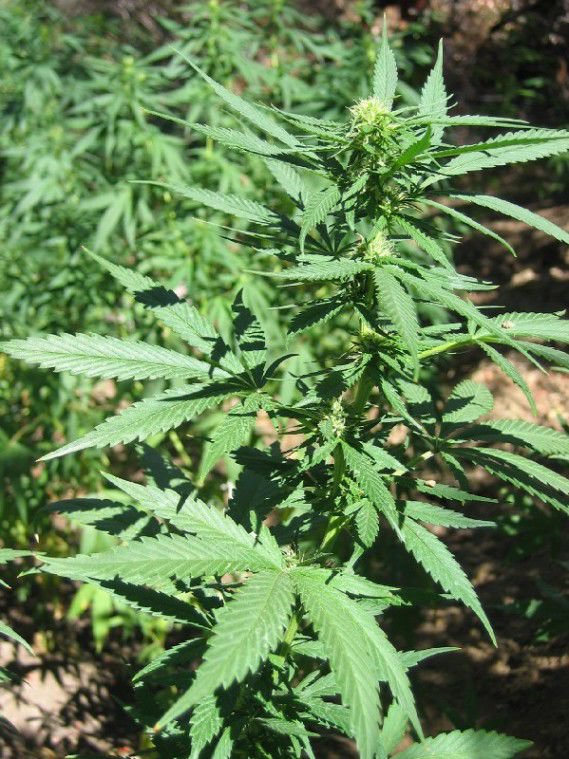The cannabis business may come to Morgan Hill soon, but before it does, the voters of Morgan Hill will have their say, even if it’s indirect.
In July the Morgan Hill City Council voted to place Measure I on the Nov. 6 ballot, giving the city’s voters the choice to put a tax on the cannabis industry—if and when the city decides to allow the cannabis industry to operate with the city.
“(Morgan Hill’s city council has) not yet decided if they want cannabis-related activities in Morgan Hill,” Morgan Hill Communications and Engagement Manager Maureen Tobin said. “They first want to see if the community would want to tax cannabis.”
The city council will use Measure I to gauge whether the citizens of Morgan Hill are willing to bring cannabis to town. As of now, no cannabis business—recreational, medical or otherwise—is legal in Morgan Hill. However, even if Measure I passed, the city council may still decide to keep cannabis activities out of Morgan Hill.
Proposition 64, a state law passed in 2016, made recreational and commercial marijuana legal for individuals, but it also left the decision whether or not to allow the sale or production of cannabis up to local municipalities.
The November vote will determine a maximum tax rate on cannabis operations. While the city still works to decide what that rate will be, Measure I will determine the maximum rates of the potential tax: $15 per square foot for cultivation, and 10 percent on gross sales.
Voters in nearby unincorporated San Benito County recently passed a similar ballot measure, Measure C, with 58 percent of the vote. The San Benito County Board of Supervisors used Measure C as a litmus test to gauge whether residents wanted commercial cannabis. Now the San Benito supervisors are working with Hdl Companies to draft plans for a commercial cannabis rollout in the county, including creating a separate county department to manage cannabis business.
The Morgan Hill City Council has also hired Hdl Companies to assist with its potential cannabis future. Hdl, a consulting company, based in Southern California, specializes in helping local governments craft cannabis laws and administrative bodies.
On Feb. 7 the Morgan Hill City Council approved a community survey to gauge support for recreational and commercial cannabis. The results were split. For retail sales, 48.3 percent of respondents were in favor while 48.1 percent were opposed. Medical cannabis was more popular, with 61.3 percent supportive and 36.7 percent opposed. San Mateo-based Godbe Research conducted the survey. Morgan Hill voters supported Proposition 64 by about 58 percent.
“If our voters would not support such a special cannabis business tax, I won’t be in support of cannabis-related business in our city either, as it only would lead to additional costs with no additional tax money coming in from those businesses to offset those costs and add additional tax income for the city on top of that,” Morgan Hill Councilmember Rene Spring said in February.








